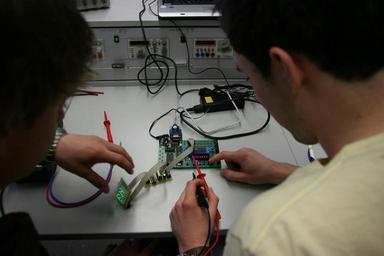The prerequisites for learning science begin to appear in childhood. These are children who are interested in the world around them and are willing to investigate everything with clubs. Elementary school tends to be a stepping stone for this. This is because it is during this time that they begin to develop interests in areas that will guide them throughout their lives. High school is merely a confirmation that they have made the right choice. The necessary five years of training then begin with college. College deepens knowledge in the field and prepares young scientists for their journey of discovery. After graduation, the graduate\’s journey continues to a scientific research institute.

Research in a chosen field Science is a highly specified and skilled activity that leads appropriately educated people to the discovery of scientific knowledge In many areas of human life. It is not the sum total of uncontrolled knowledge. The results of individual investigations are organized to form a needed system. It fulfills its function. Because scientific knowledge must ultimately be comprehensible enough to be a source of stimulus in practical application. And it will contribute to much-needed innovations in all things necessary for life on this planet.

Research is the cornerstone of any scientific workplace. From it, necessary facts are derived through planned experiments and analytical investigations. It serves for further development. Research can be divided into three categories. Basic research is often conducted at the direct command of society. It is intended to demonstrate the necessary facts and to explain the causes and consequences of the phenomena carried out. Applied research refers to changes in a state of affairs and is used primarily in industry. It may be conducted experimentally or theoretically. Innovative research is a scientific result produced by the communication of all the information obtained. It is characterized by being accurate, truthful, objective, and effective, as well as by providing social value. Subsequent scientific communication communicates results in the most appropriate way, not only to scientists, but often to society as a whole. Either through traditional print publications, or through presentations at conferences, on the radio, or on television. Or it may make use of computer media.
